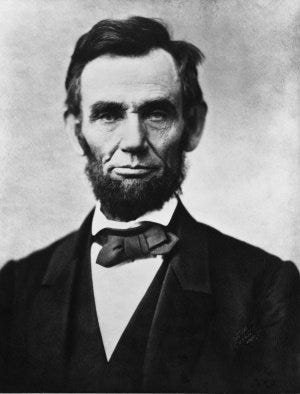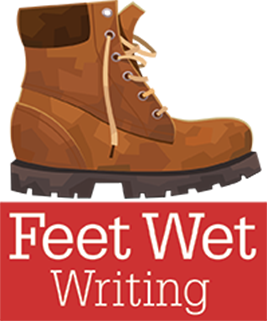Democracy has been defined and redefined countless times, often the definition used will be to the best benefit of the speaker.

Eighty-three years later, in March of 1946 the booklet, “A History of Wisconsin Deer” was published by the Wisconsin Conservation Department. Ernie Swift, the Assistant Director, is credited for the ninety-six-page bulletin. The publication was not without controversy. The whitetail deer was one of the most controversial and most loved wildlife species in Wisconsin. Swift and his colleagues argued that science should guide management of the whitetail deer herd and the ecosystem. He correctly predicted once the publication was released that there would be a new crop of overnight experts and an increase in demagogues using ten-dollar words followed by legislative action by those seeking to manage our natural resources, as Swift would say, from the seat of their pants down at the capitol.
Just as Lincoln was clear on who had fought the battles, Swift was clear on who would shoulder the hard work of conservation. Swift’s notation on the title page says, “Dedicated to those rugged citizens who, down through the years had the courage to fight for the preservation of our natural resources.”
Twenty-two words.

He engaged, people of the land, people that could attest to how land use practices had impacted our forests, prairies, lakes, rivers, and streams. He interviewed many who had firsthand knowledge of how our environment had changed. He brought scientists to the table, not for the sake of science, but for the sake of the land. He and his colleagues feared that loss of connection with our natural resources would certainly lead to society’s downfall.
In a speech to the Conservation Commission he said, “First teach a child the value of work, not regimented play. Teach him that a sunset over a verdant countryside has more intrinsic value than the most costly painting…teach him that bread comes from the soil and not from the store.”
Forty-one words.
In a time where useless oratory often ruled the day, the prestigious members of the Wisconsin Conservation Commission, including William Aberg, GR Rahr and Aldo Leopold chose to send a message on the back cover of the book.
“Democracy is the safest in the hands of a people who love and conserve their out-of-doors.”
Eighteen words.
I think Abe Lincoln would have approved.
As a writer, I hope someday I can say so much in so few words.
Five hundred seven words.

